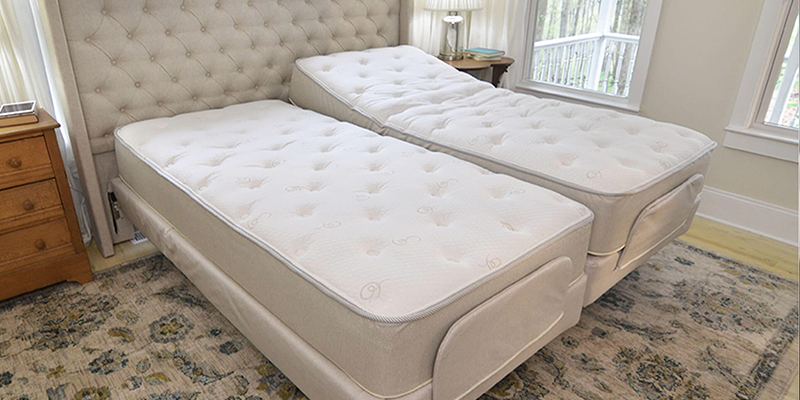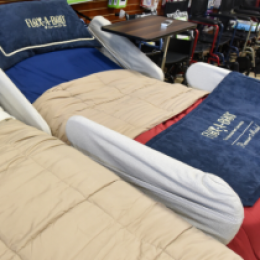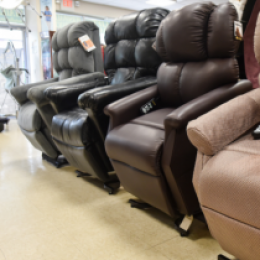
Sleep is what restores your body and powers your mind, yet many of us don’t get near as much as we should. If you’re not quite hitting the mark with the average hours you sleep per night, now’s a good time to adjust your sleep schedule and nighttime routine so you can make getting the right amount of sleep a priority.
Sleep for Kids
The amount of sleep kids need changes drastically in just a few years. Keeping in mind that getting an infant to sleep for 15 hours a day is easier said than done, these are the recommended hours of sleep for each age group:
- Newborns: 14-17 hours
- Infants: 12-15 hours
- Toddlers: 10-14 hours
- School-age: 9-11 hours
Sleep for Teens
During the teen years, hormones cause the body’s internal clock to change. Teens have a reputation for going to bed late and sleeping in, but this is partially because of the changes their body is going through. They should get about 8-10 hours of sleep each night.
Sleep for Adults
Once you reach young adulthood, the amount of sleep you need stays consistent for quite some time. It’s recommended to get 7-9 hours of sleep per night between the age of 18 and 64.
Sleep for Older Adults
When you’re age 65 or older, 7-8 hours of sleep per night is suitable. The reason many people assume older people need more sleep is that it’s common for elderly individuals to experience daytime sleepiness. This isn’t necessarily because they need more sleep than young adults, but because the elderly have more nighttime awakenings and interruptions.
Additional Factors
Age is an easy way to break things down, but there are lots of extra factors that play into how much sleep is recommended for each individual. When it comes to sleeping, quality is just as important as quantity. Here are some things to note that may influence your quality of sleep which means you may need some additional hours to snooze.
- Pregnancy: Not only can pregnancy cause physical discomfort at night, but the change in hormone levels can have a negative effect on sleep.
- Sleep deprivation: If you’re used to little sleep and are sleep deprived, you’ll need extra hours for a while in order to get back on track.
- Environment: Keep your bedroom quiet and dark to eliminate distractions and interruptions to your quality of sleep. If you find yourself twisting and turning to get comfortable at night, it might be time for a bed upgrade. Flexabeds are a great solution as they are hand-built and remote-controlled to fit your body. If you’re looking for a lifetime of comfort and improved quality of sleep, order a Flexabed today!
- Sleep disorders: Some individuals have trouble falling asleep because of sleep disorders such as insomnia, obstructive sleep apnea and more.
If you’re not getting enough sleep, now’s the time to reevaluate your sleep habits and make a change. We offer the perfect bed to make a restful, comfortable night possible every night, so visit our website to learn more about the Flexabed. As always, contact us if you have any questions!





0 comments